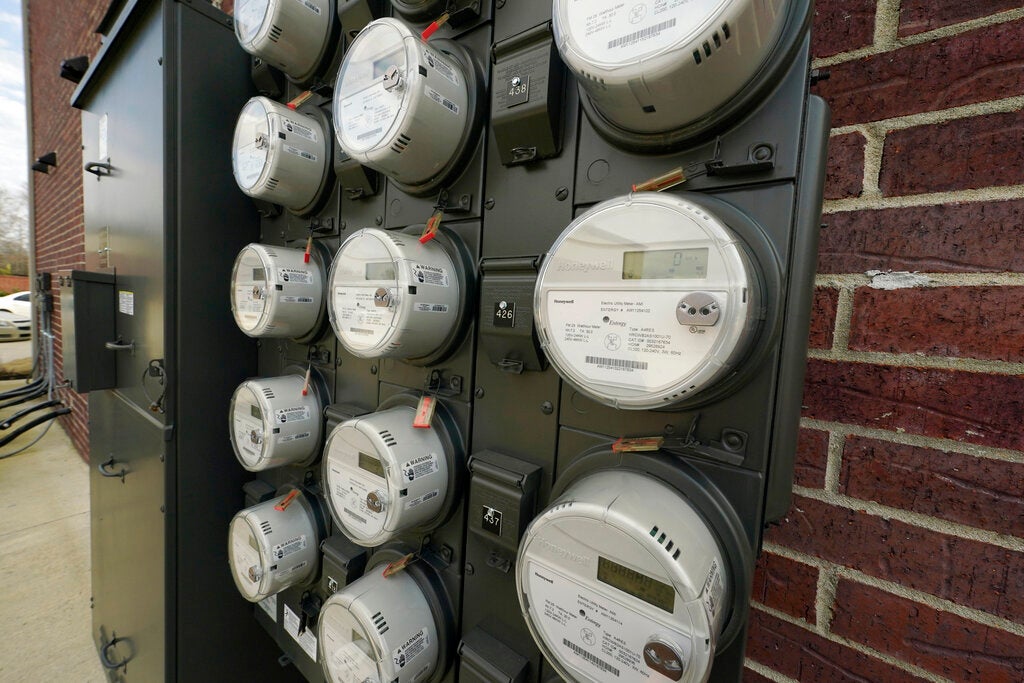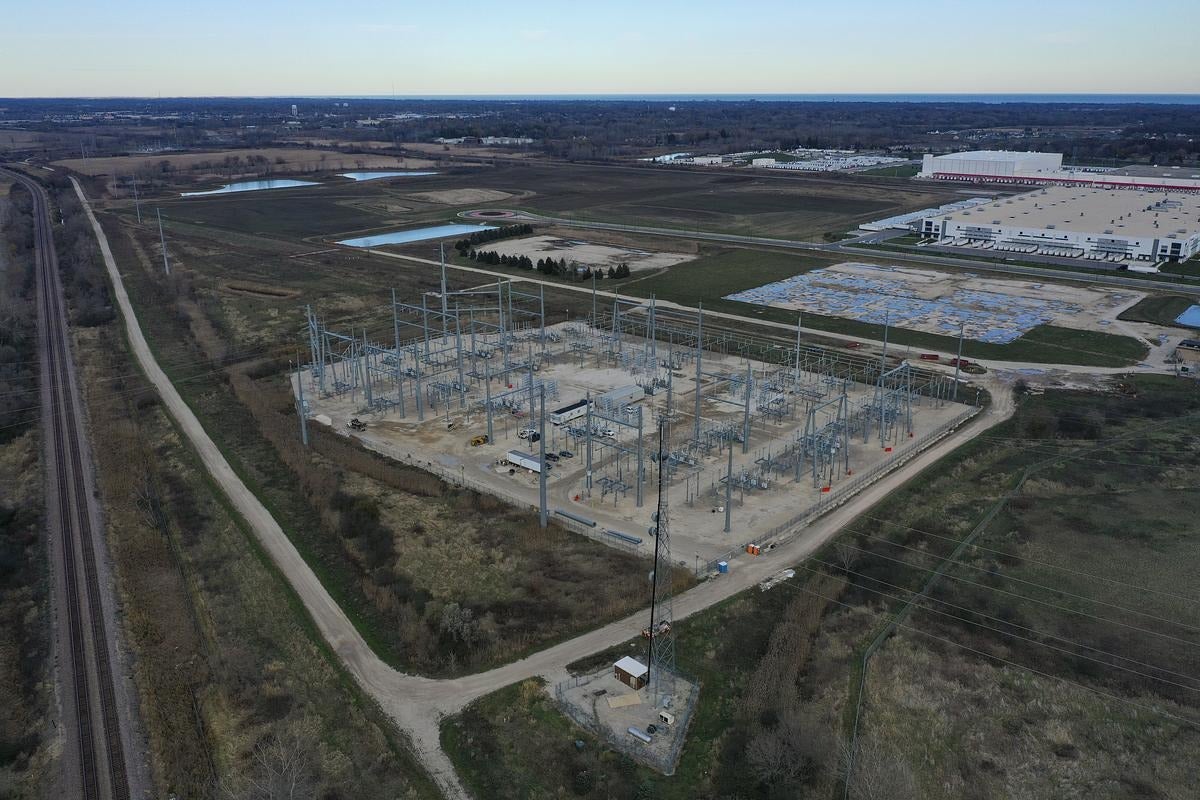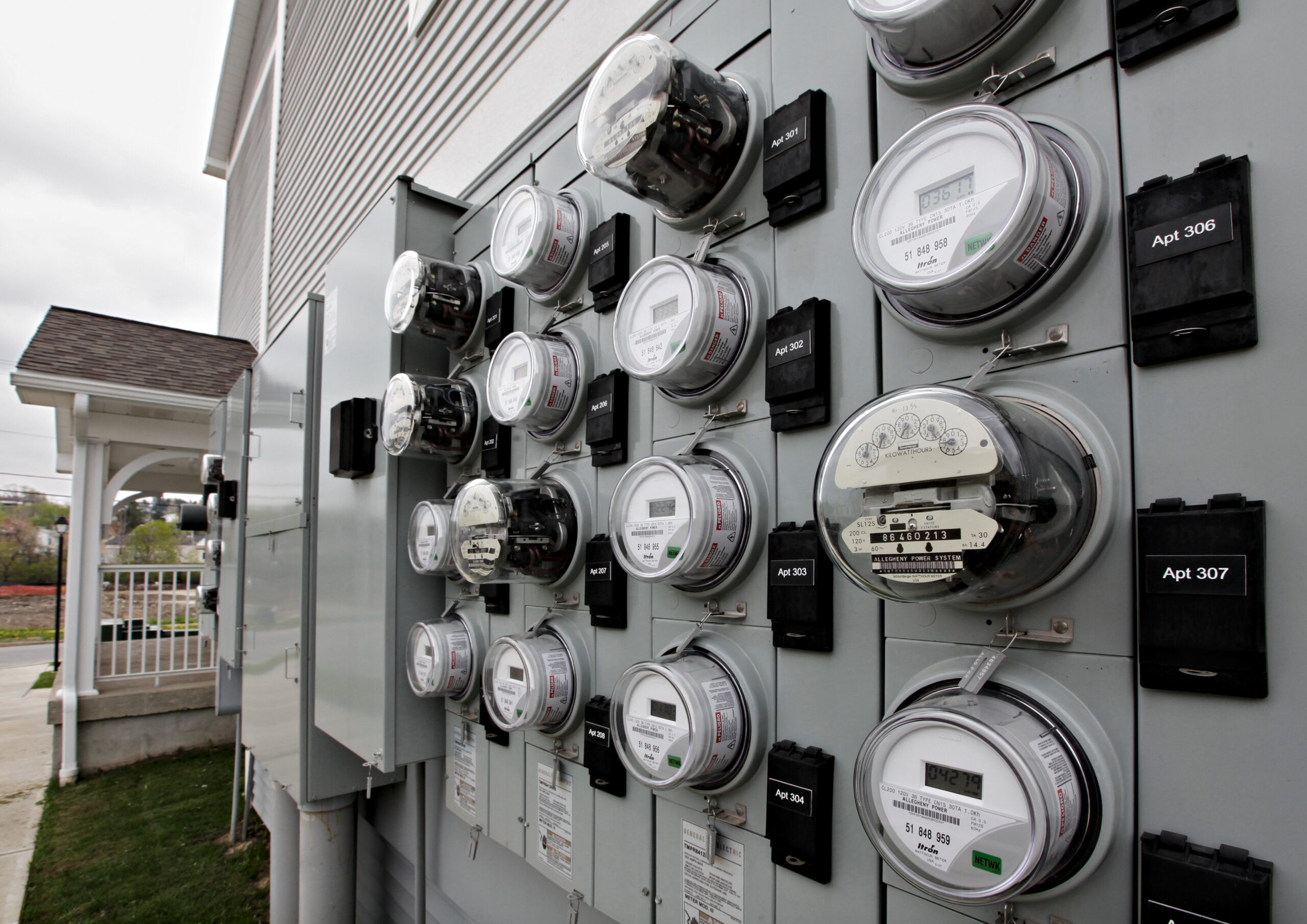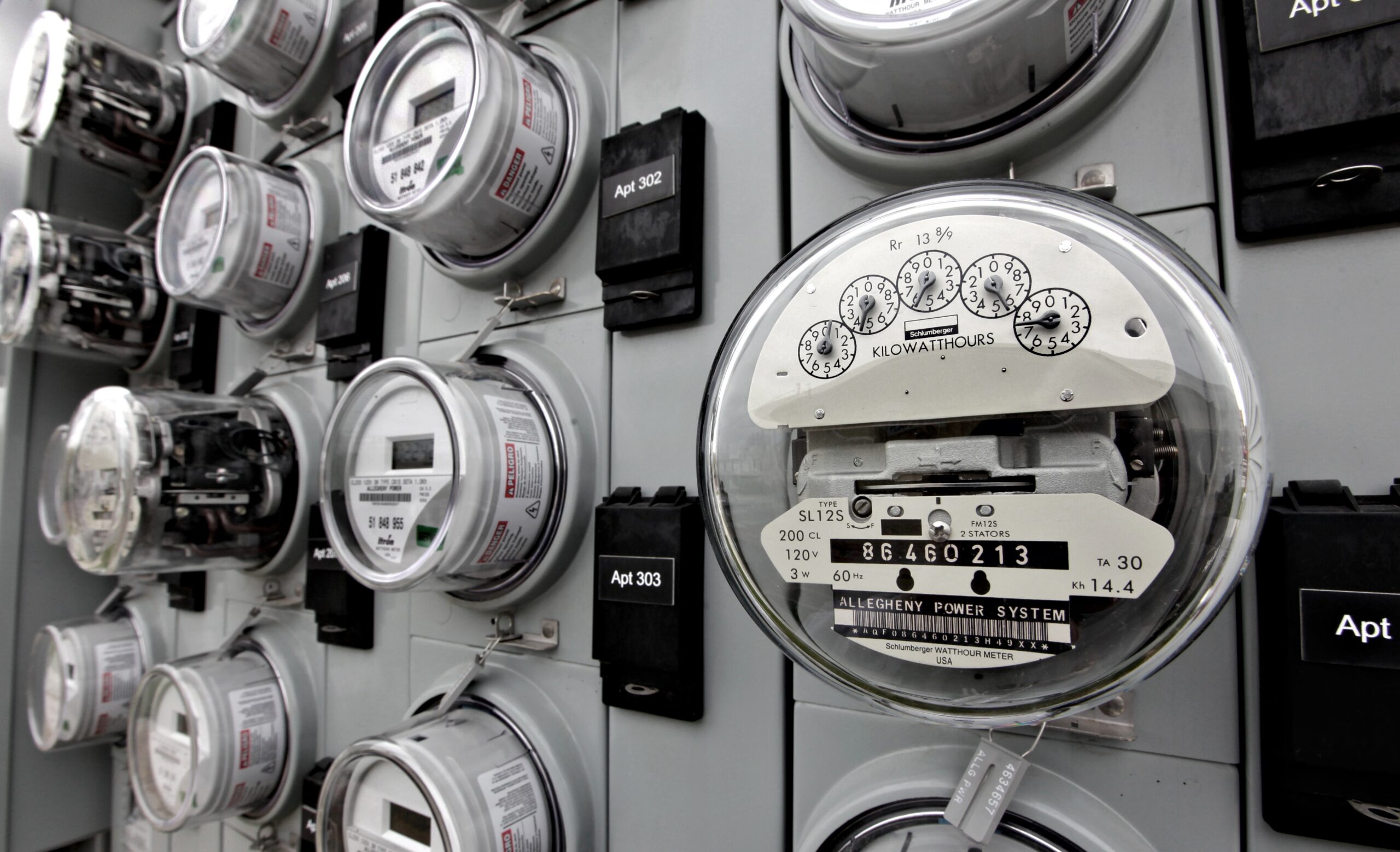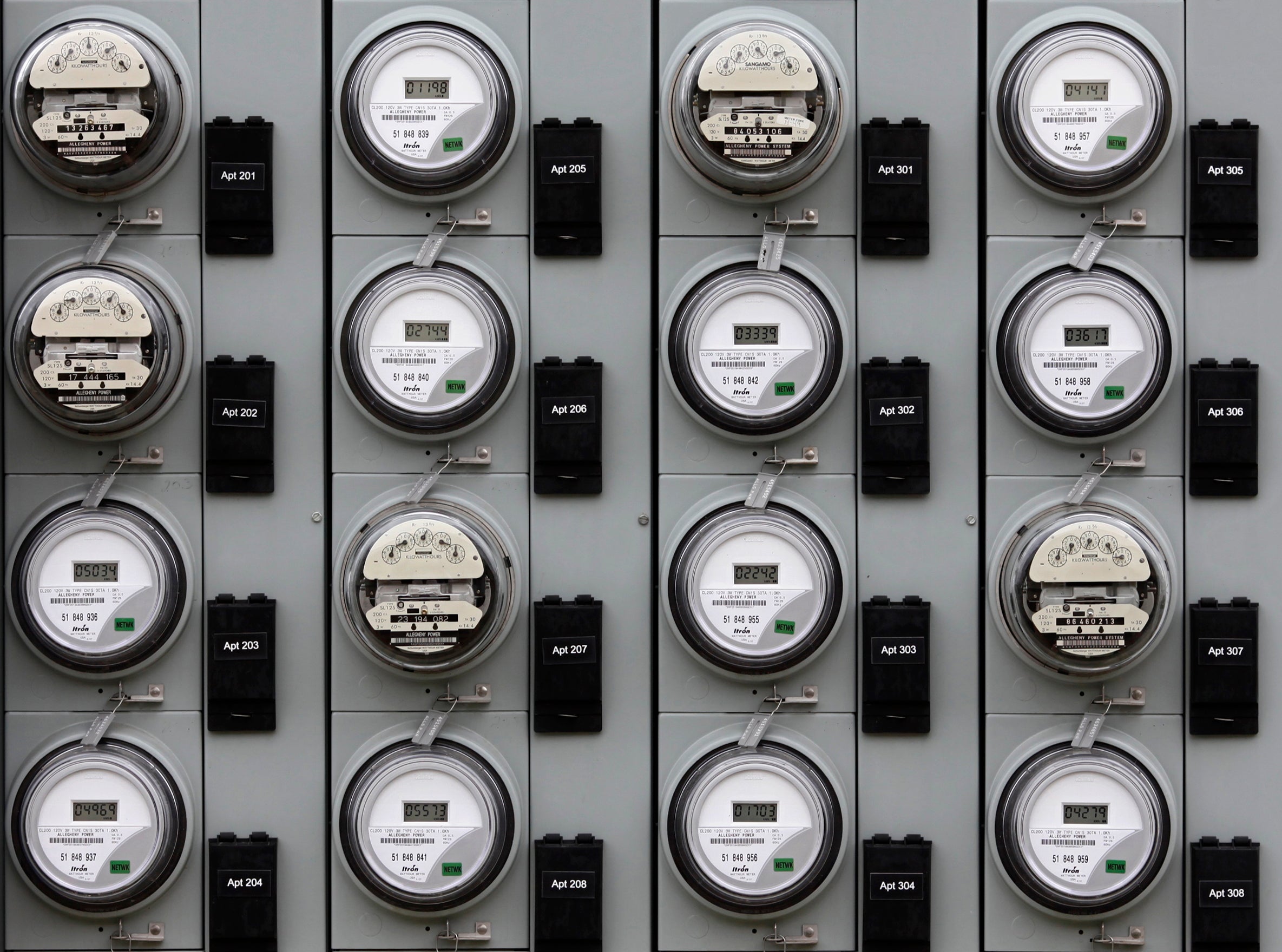Customers of We Energies and Wisconsin Public Service will pay more for electricity in 2025 and 2026, after the Public Service Commission of Wisconsin on Thursday approved rate increases for both utilities.
The utilities, both owned by WEC Energy Group, applied for the rate hikes in April, citing a need to ramp up forestry efforts to ensure reliability and costs from construction of renewable energy and natural gas facilities.
We Energies’ request sparked backlash that led to customers protesting the proposed rate hike in downtown Milwaukee last month. The utility had already hiked rates in 2023 and 2024.
News with a little more humanity
WPR’s “Wisconsin Today” newsletter keeps you connected to the state you love without feeling overwhelmed. No paywall. No agenda. No corporate filter.
At Thursday’s meeting, commission chair Summer Strand said the commission sought to balance the need for safe, reliable and environmentally responsible utility service with affordability.
“My approach to these rate cases is measured and seeks to maintain stability and balance through a fair, gradualist approach,” she said. “Rate shock and major changes in any direction do have significant impacts on all parties.”
Strand also said she was “disappointed” that WEC Energy Group partially attributed the need for a rate increase to “disadvantaged communities struggling to pay their bills” and the company’s partnership with labor unions.
“I found this disingenuous because the union partnership was entered into voluntarily and provides many other other benefits to the companies, and the (Low Income Forgiveness Tool) program actually provides the applicant revenue it would not otherwise collect,” she said.
In the We Energies case, the commission approved a 8.79 percent overall electric rate increase over the next two years. The PSC says that’s roughly $188 million less than the utility had requested over that span.
It translates into a $7.62 increase in monthly electric bills in 2025 for an average residential We Energies customer, and a $9.73 increase in 2026, according to preliminary estimates from the PSC. That’s a cumulative increase of 12.38 percent over two years, the PSC says.
We Energies had requested to boost its profit rate to 10 percent, but the commission opted to keep it unchanged at 9.8 percent.
“It doesn’t seem that an increase is justified, and — given the ranges that we saw and all the analysis — that a decrease is also not justified,” PSC commissioner Marcus Hawkins said of the profit rate.
In Wisconsin Public Service’s case, the commission approved a 7.33 percent overall electric rate increase over the next two years. The PSC says that’s roughly $134 million less than the utility had requested over that span.
It translates into an estimated $7.11 increase in 2025 on an average residential customer’s monthly electric bill, followed by another $5.04 average monthly increase in 2026, according to estimates from the PSC. That’s a cumulative increase of 11.52 percent over the two years, the PSC says.
WPS also asked to boost its profit rate to 10 percent, but the commission decided to keep it unchanged at 9.8 percent.
Strand said the commissioners wanted consistency in their decisions on “similar and identical issues,” like the profit rate, in both the We Energies and WPS rate cases.
In a statement, WEC Energy Group spokesperson Brendan Conway said the company appreciates the commission’s vote. He said it supports investments to reduce outages, build needed infrastructure, provide jobs and meet federal environmental rules.
“Our typical customer bills are below the national average and in line with customers across the Midwest. That will remain true in the coming years,” Conway said. “Any customer concerned about their energy bill should contact us right away to discuss energy assistance and bill payment plans.”
Tom Content, executive director of the nonprofit Citizens Utility Board of Wisconsin, said the PSC took a “business as usual approach” at a time when many consumers are struggling with utility bills. He said more than 1,000 people testified at public hearings or online across both rate cases.
“This was a huge missed opportunity to address the affordability crisis that customers are facing,” he said. “Customers have already been experiencing energy costs rising above inflation, and now they’ll continue to rise above inflation for the next two years.”
Content said the profit rate issue was one of those missed opportunities. PSC staff had indicated that the utilities could each sustain a 9.65 percent profit rate, down slightly from the 9.8 percent the commissioners stayed with.
“We put affordability in the spotlight in this case, and asked the PSC to really tackle that challenge with some bold decisions,” he said. “We didn’t see bold decisions.”
Editor’s note: The Citizen’s Utility Board is a WPR business sponsor.
Wisconsin Public Radio, © Copyright 2025, Board of Regents of the University of Wisconsin System and Wisconsin Educational Communications Board.

